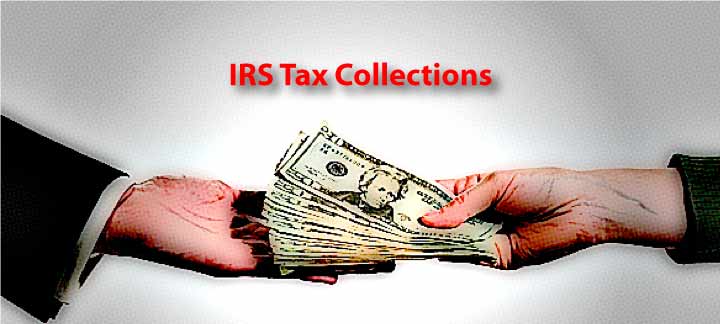Tax Collection Basics, A Brief Guide
What is a Tax Collection?
A tax collection is an action taken by the IRS, Franchise Tax Board (FTB), or the Employment Development Department (EDD) to collect money against a taxpayer. If one of these agencies beings a tax collection action against a taxpayer, it is because the agencies has determined that the taxpayer owes taxes. While the US government has granted these agencies incredible power to forcefully collect money that they themselves have determined are owed, many legal and procedural protections have been implemented to protect the rights and interests of taxpayers. The real key is knowing what these protective regulations are, as well as when and how to properly use them. Because these matters can be quite complex it is often necessary to seek the guidance of an experienced tax attorney.
What Are the Different Kinds of Tax Collection Used by the IRS?
The agencies engaging in tax collection actions against taxpayers have several different methods at their disposal. First, they can simply apply a refund from one year to the taxes due from another year. This redirection of money takes place without requiring any consent from the taxpayer.
Another type of tax collection action involves obtaining a tax lien against the taxpayer’s property. After satisfying the procedural requirements of a lien against the taxpayer, the agency then has the ability to levy property, wages, and bank accounts to satisfy the tax owed. In the case of real property, the agency can sometimes seize and sell the taxpayer’s property.
How Should I Respond to a Tax Collection Action by the IRS?
If the IRS or another agency begins a tax collection action against you, you must respond in a timely fashion. Failing to respond can cause certain penalties and interest to accrue, significantly increasing the total amount due by the taxpayer.
If you receive notification from the IRS that it intends to begin the process of levying your property or wages, then you can file a tax appeal, however this must be done within a certain period of time. Filing the appeal will prevent the IRS from pursuing its intended collection action while the appeal is pending. This means that the IRS will not be able to seize your property or levy your wages or bank accounts until the appeal is resolved.
How Can I Resolve a Tax Collection Action by the IRS?
If the IRS is legally able to collect the debt from the taxpayer, the taxpayer has several options for resolving the collection action. Coming to an arrangement for collection may prevent the IRS from taking the drastic steps of levying bank accounts and wages, or seizing property. First, the taxpayer may simply choose to pay the tax in full. Taxpayers can also request approval of an Installment Agreement or Offer in Compromise. In an Installment Agreement, the taxpayer and the IRS essentially develop a payment plan for the debt. An Offer in Compromise allows the taxpayer to settle his or her debt for less than the amount actually owed. In special circumstances, the taxpayer may request to have the tax debt classified as not collectable due to financial hardship, or attempt to discharge the taxes in bankruptcy.
A Tax Attorney Can Help You Decide How to Respond to the IRS
As with any dealing with the IRS, a knowledgeable tax lawyer has the experience and skill to effectively help you through the Tax Collection Action process. If you receive notice of a tax collection action from the IRS, you need to respond in a timely fashion in order to preserve your rights. Once you have responded to the IRS, a tax attorney can help you during the resolution process. Offers in Compromise, Installment Agreements, Requests to Classify as Currently Not Correctable, Requesting a Collection Due Process hearing, and other resolution measures, can be complicated and require the skill of an experienced tax attorney. If you have received notification of a tax collection action, call today for a free consultation.



Comments (0)